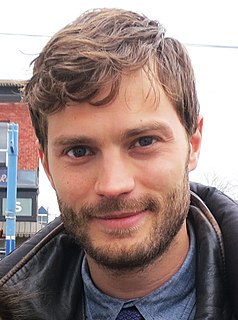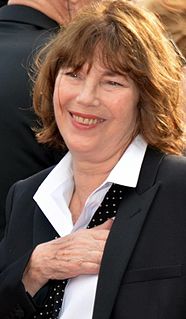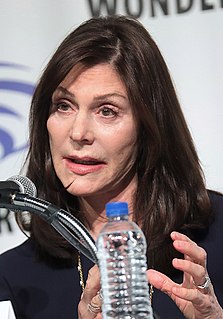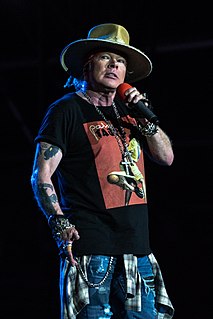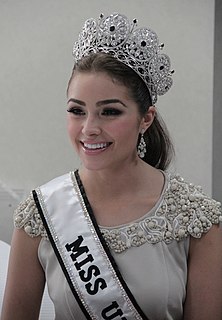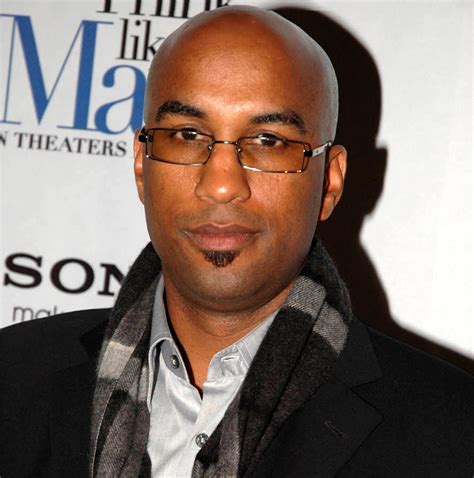A Quote by Judd Nelson
[John] Hughes is a great loss, I think. He was the first filmmaker that could look at someone who was young without seeing them as being less.
Related Quotes
I think when romantic comedies are done well, it's a great genre. 'When Harry Met Sally' is kind of a benchmark for me, but I'm very happy to admit that I love 'Pretty Woman.' I do! It's a great film, and so is 'Sixteen Candles.' I was a big John Hughes fan - still am. I have moments where I have to watch a Hughes film.
If someone asked me if I could have anything in the world, what would l want? If l could own anything, like owning a piece of art, l think it would be Elton John's publishing, on his first seven albums. I don't want the money. Being able to own those songs Is like owning a painting of someone you admire.
There aren't many such enthusiasts born. The average person is not especially curious about the world. He is alive, and being somehow obliged to deal with this condition, feels the less effort it requires, the better. Whereas learning about the world is labor, and a great all-consuming one at that. Most people develop quite antithetical talents, in fact - to look without seeing, to listen without hearing, mainly to preserve onself within oneself.
If there's a message to pass to people, I'd say that it's normal to be different from others, it's good to differ from one another, and we'd better look at ourselves first before we start criticising someone who looks, acts, speaks different or has a different skin colour. I'd like to continue, even at a minimal level, what John Lennon had started. If I could do as much as a bit of what he did, if I could contribute to the elimination of hatred among us, that would be a great deal.
It is impossible to think of Howard Hughes without seeing the apparently bottomless gulf between what we say we want and what we do want, between what we officially admire and secretly desire, between, in the largest sense, the people we marry and the people we love. In a nation which increasingly appears to prize social virtues, Howard Hughes remains not merely antisocial but grandly, brilliantly, surpassingly, asocial. He is the last private man, the dream we no longer admit.



